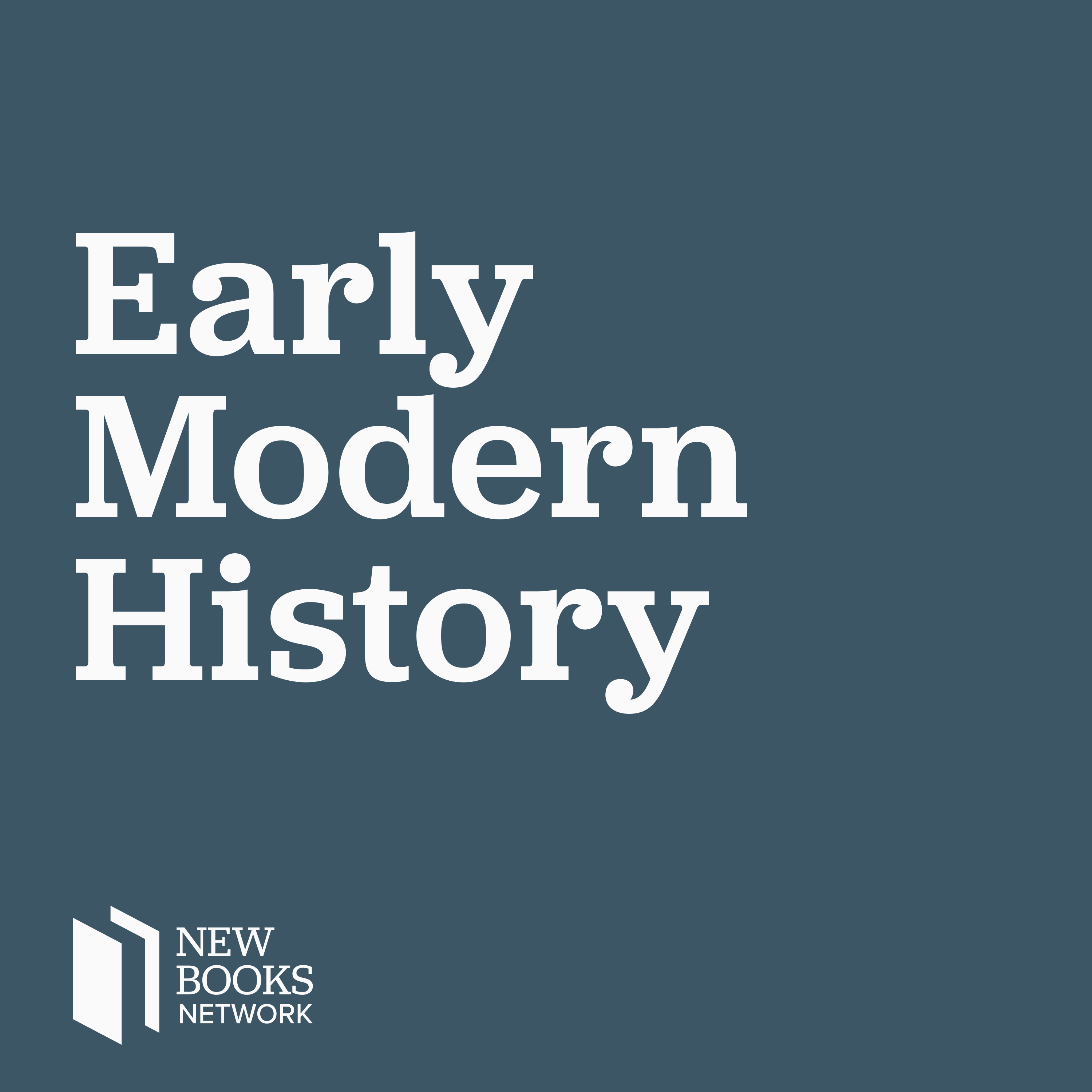Tracy Rutler, "Queering the Enlightenment: Kinship and Gender in Eighteenth-Century French Literature" (Oxford UP/Liverpool UP, 2021)
Tracy Rutler's Queering the Enlightenment: Kinship and Gender in Eighteenth-Century French Literature (Oxford University Studies in the Enlightenment, Liverpool UP, 2021) explores the imaginaries of novels and plays from the "liminal" period that followed the end of Louis the XIV's reign in France. Examining a range of French works from the 1730s and 1740s, including writing by Antoine François Prévost, Claude Crébillion, Pierre de Marivaux, and Françoise de Graffigny, Rutler traces a set of utopian themes and impulses that questioned and resisted heteronormativity and bourgeois family relations during this period. Interrogating gender, sexuality, and kinship in both the content and the form of their work, these authors challenged patriarchal power and relations as the foundations of state and society in France. At once intimate and political, the characters, scenes, and narratives these authors produced also posed questions about (the) Enlightenment more broadly.In readings informed by thinkers like Foucault and Rancière, as well as the work of psychoanalytic, feminist, and queer theorists, Queering the Enlightenment is divided into three sections: Family Remains, Prodigal Sons, and Narrative Spinsters. Beginning with an analysis of eighteenth-century powerhouses Montesquieu and Voltaire on patriarchal decline and repair, Rutler goes on to consider literary representations of reproduction, masculinity, the public sphere, marriage, maternity, and same-sex community. The book will be of great interest to literary scholars and historians alike, particularly anyone interested the legacies of the Enlightenment and how historical struggles/debates over kinship, gender, and sexuality continue to resonate in the present.Roxanne Panchasi is an Associate Professor of History at Simon Fraser University in Vancouver, Canada who specializes in twentieth and twenty-first century France and empire. She is the founding host of New Books in French Studies, a channel launched in 2013. Learn more about your ad choices. Visit megaphone.fm/adchoices

